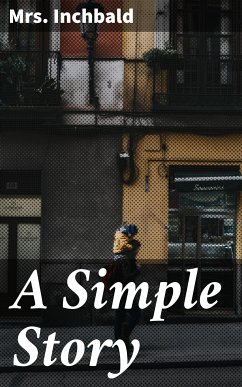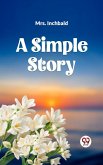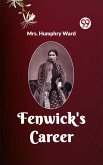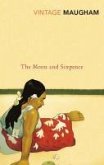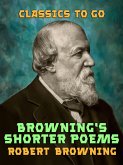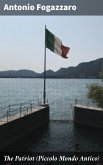In Mrs. Inchbald's groundbreaking work, *A Simple Story*, the author intricately weaves a narrative that deftly explores themes of love, loss, and the complexity of human relationships against the backdrop of early 19th-century societal norms. Employing a fluid and lyrical style reminiscent of both sentimental and Gothic literature, Inchbald crafts a compelling tale through the experiences of her heroine, the enigmatic Miss Melicent. The novel deftly navigates the intersection of personal happiness and social duty, reflecting the tumult of its time while laying the groundwork for modern character-driven narratives. Mrs. Inchbald, a pioneering figure in English literature, was not only a novelist but also a playwright and actress. Born into modest circumstances, her life experiences'Äîmarked by personal tragedies and the challenges of female authorship in a male-dominated literary landscape'Äîare poignantly reflected in her writing. Her diverse background provided her with rich insights into the human condition, enabling her to create profound and relatable characters that resonate with readers across generations. *'A Simple Story'* is a must-read for those interested in early feminist literature and the evolution of the novel. Inchbald'Äôs expert character development and her unflinching examination of societal expectations make this work a timeless exploration of love and resilience. It is a poignant reminder of the struggles faced by women, both in the past and present, inviting readers to reflect on their own narratives.
Dieser Download kann aus rechtlichen Gründen nur mit Rechnungsadresse in A, B, BG, CY, CZ, D, DK, EW, E, FIN, F, GR, H, IRL, I, LT, L, LR, M, NL, PL, P, R, S, SLO, SK ausgeliefert werden.

